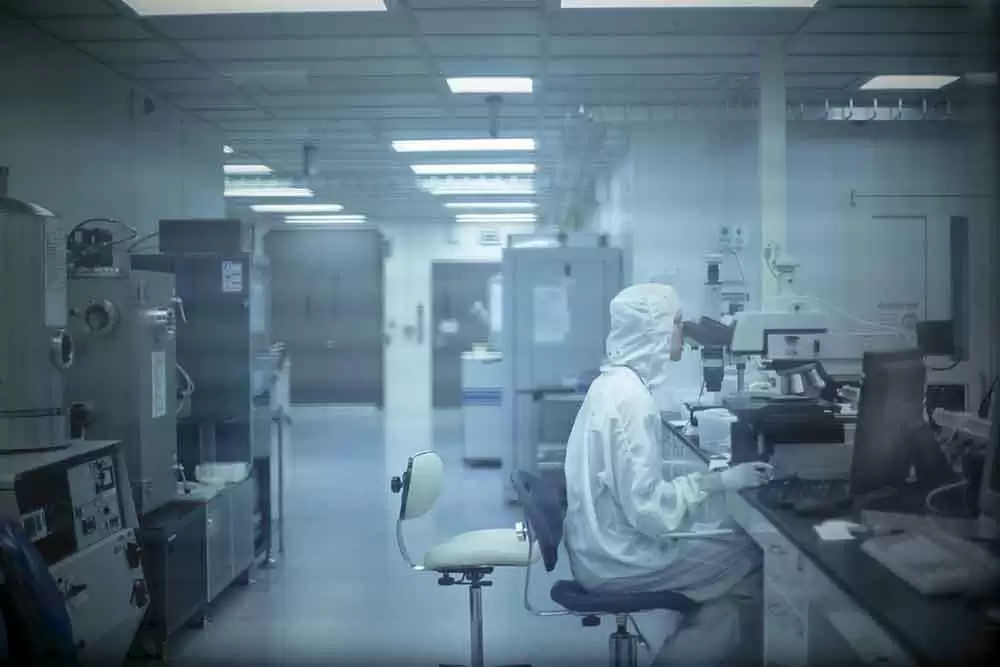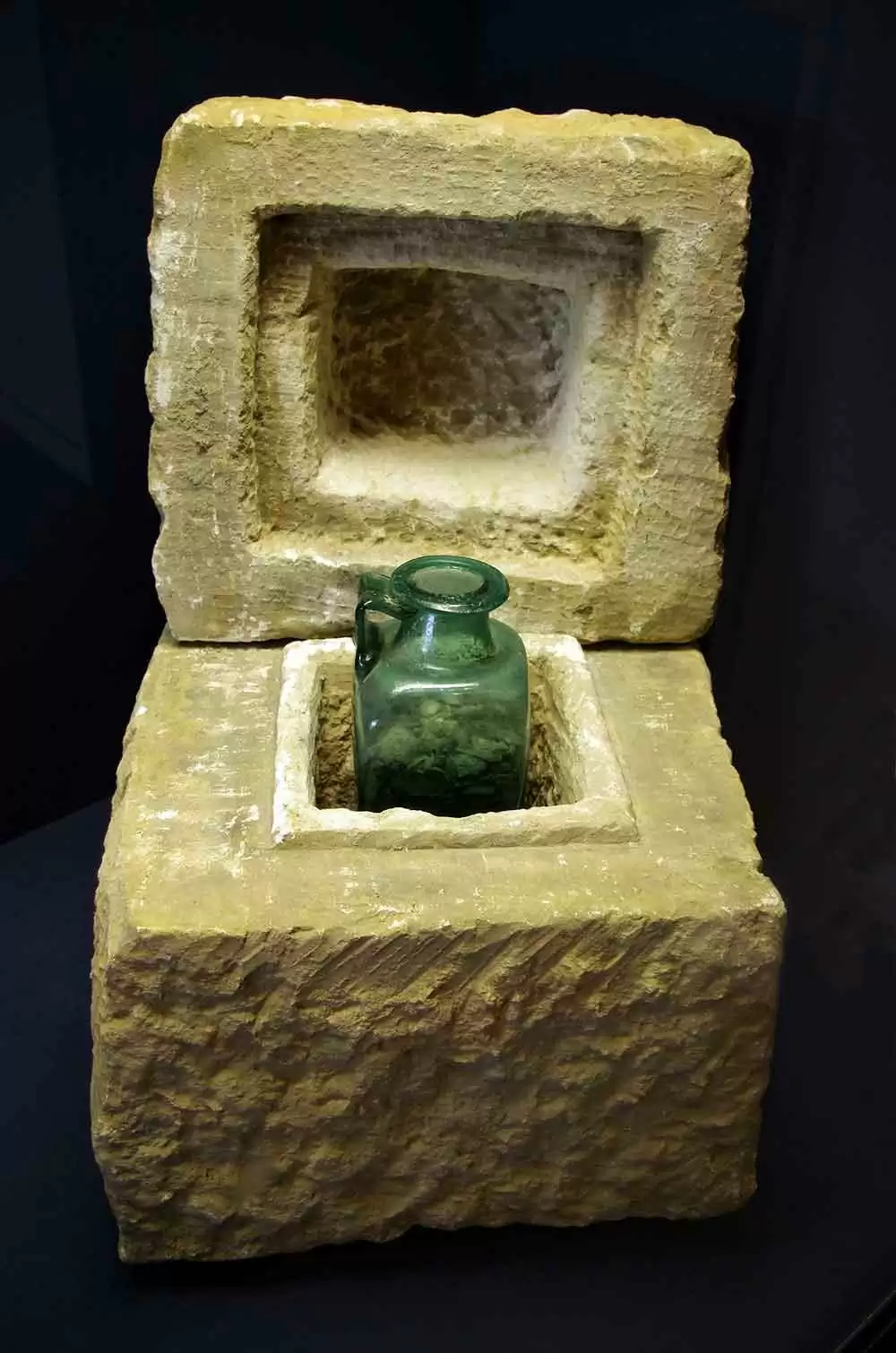
Celiac.com 08/15/2019 - Does the cystic fibrosis transmembrane conductance regulator play a pathogenic role in celiac disease?
Usually, when people consume dietary proteins, their guts prevent local inflammatory and immune responses, and encourage oral tolerance to the proteins. However, for about one out of a hundred people worldwide, gluten and related cereals trigger an HLA DQ2/8-restricted TH immune and antibody response, which develops into celiac disease, if untreated.
Celiac.com Sponsor (A12):
Prior epithelial stress and innate immune activation are required to break oral tolerance to gliadin. How gliadin subverts host intestinal mucosal defenses remains elusive. Does the cystic fibrosis transmembrane conductance regulator play a pathogenic role in celiac disease?
A team of researchers recently set out to shed some light on the way gliadin subverts host intestinal mucosal defenses. The research team included Valeria R Villella, Andrea Venerando, Giorgio Cozza, Speranza Esposito, Eleonora Ferrari, Romina Monzani, Mara C Spinella, Vasilis Oikonomou, Giorgia Renga, Antonella Tosco, Federica Rossin, Stefano Guido, Marco Silano, Enrico Garaci, Yu-Kai Chao , Christian Grimm, Alessandro Luciani, Luigina Romani, Mauro Piacentini, Valeria Raia, Guido Kroemer & Luigi Maiuri.
Their team demonstrated that the a-gliadin-derived LGQQQPFPPQQPY peptide (P3–43) inhibits the function of cystic fibrosis transmembrane conductance regulator (CFTR), an anion channel pivotal for epithelial adaptation to cell-autonomous or environmental stress.
P3–43 binds to, and reduces ATPase activity of, the nucleotide-binding domain- (NBD) of CFTR, thus impairing CFTR function. This creates epithelial stress, tissue transglutaminase and inflammasome activation, NF-jB nuclear translocation and IL-5 production, that all can be prevented by potentiators of CFTR channel gating.
The CFTR potentiator VX-770 reduces gliadin-induced inflammation and promotes tolerance in gluten-sensitive mice and cells from patients with celiac disease.
The team's results show that CFTR plays an early and crucial role in guiding gliadin activities, and reveals a new therapeutic possibility for treating celiac disease.
Stay tuned for more developments on this and related stories.
Read more at the EMBO Journal (209) 38: e000
The researchers are variously affiliated with the European Institute for Research in Cystic Fibrosis, San Raffaele Scientific Institute, Milan, Italy; the Department of Comparative Biomedicine and Food Science, University of Padova, Padova, Italy; the Department of Molecular Medicine, University of Padova, Padova, Italy; the Department of Health Sciences, University of Eastern Piedmont, Novara, Italy; the Department of Experimental Medicine, University of Perugia, Perugia, Italy; the Pediatric Unit, Department of Translational Medical Sciences, Regional Cystic Fibrosis Center, Federico II University Naples, Naples, Italy; the Department of Biology, University of Rome “Tor Vergata”, Rome, Italy; Department of Chemical, Materials and Production Engineering, Federico II University Naples, Naples, Italy; the Department of Food Safety, Nutrition and Veterinary Public Health, Istituto Superiore di Sanità, Roma, Italy; University San Raffaele and 21 IRCCS San Raffaele, Rome, Italy; Department of Pharmacology and Toxicology, Faculty of Medicine, University of Munich (LMU), Munich, Germany; the Institute of Physiology CH, University of Zurich, Zurich, Switzerland; the National Institute for Infectious Diseases IRCCS “L. Spallanzani”, Rome, Italy; the Centre de Recherche des Cordeliers, Equipe11 labellisée Ligue Nationale Contrele Cancer, Paris, France; the Centre de Recherche des Cordeliers, INSERM U1138, Paris, France; the Université Paris Descartes, Paris, France; the Metabolomics and Cell Biology Platforms, Institut Gustave Roussy, Villejuif, France; the Pôle de Biologie, Hôpital Européen Georges Pompidou, AP-HP, Paris, France; and the Department of Women’s and Children’s Health, Karolinska Institute, Karolinska University Hospital, Stockholm, Sweden.






Recommended Comments
There are no comments to display.
Create an account or sign in to comment
You need to be a member in order to leave a comment
Create an account
Sign up for a new account in our community. It's easy!
Register a new accountSign in
Already have an account? Sign in here.
Sign In Now